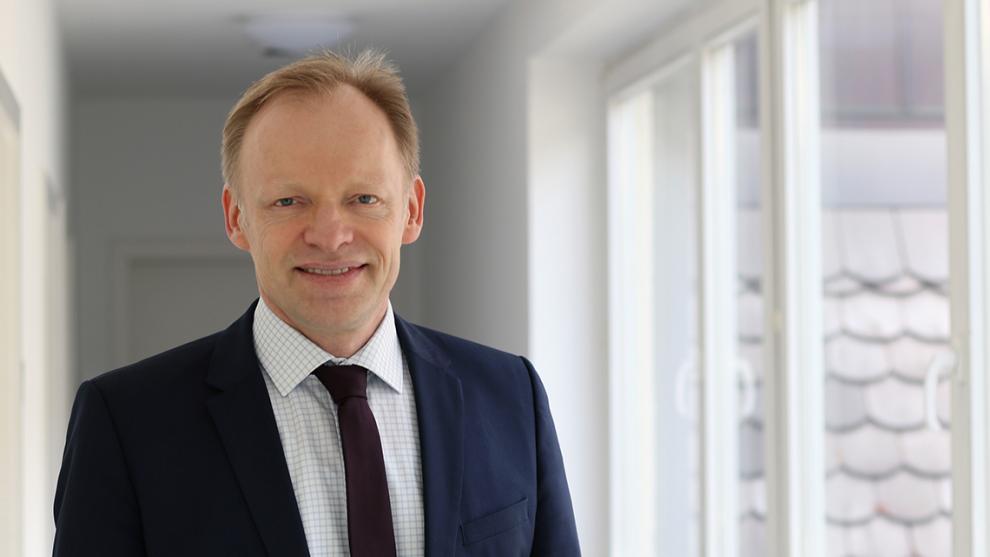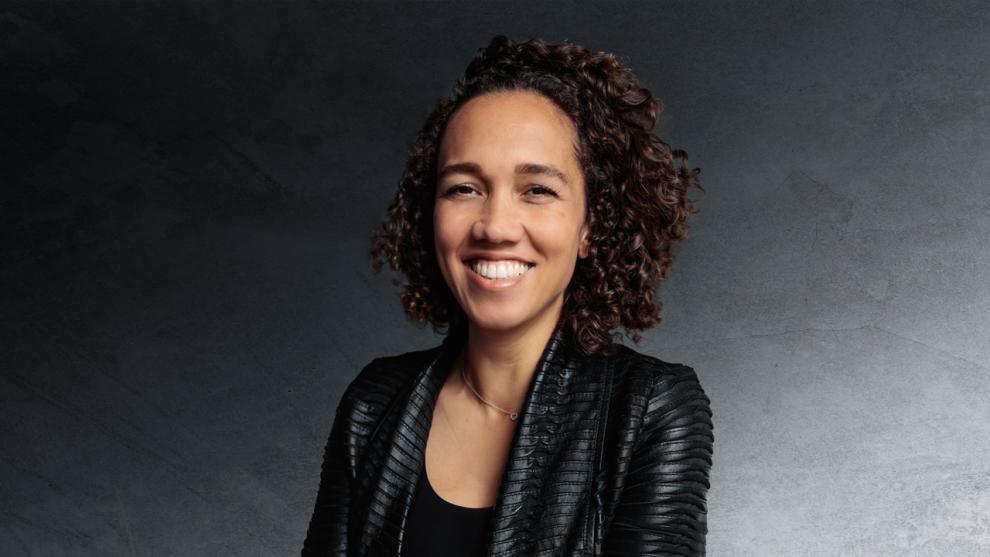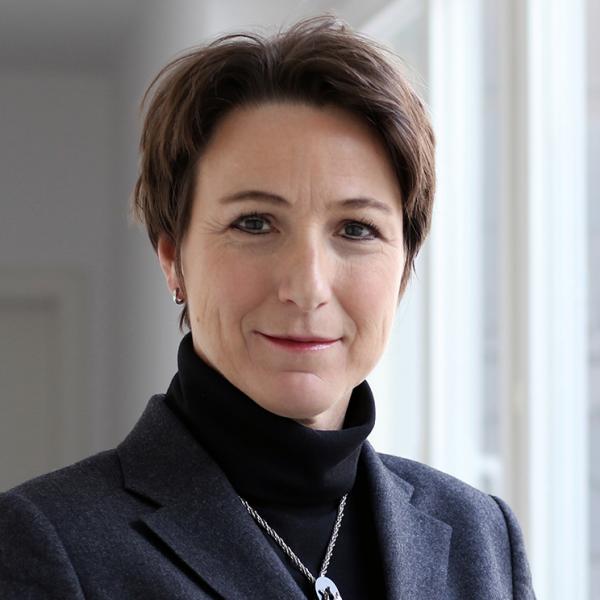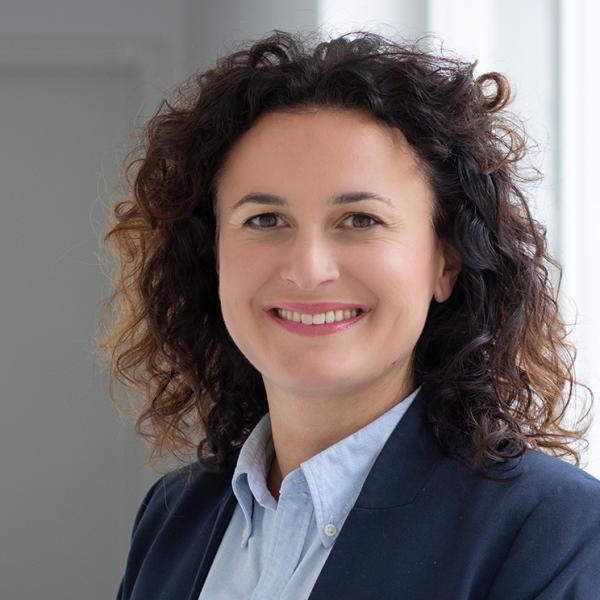ifo Media Center
The ifo Institute invites you to participate in the discussion of interesting economic topics via the Internet. In our ifo Media Center a whole series of remarkable events are available and can be viewed in full length. We also record selected speeches and presentations given by employees or at events and make them available in our Media Center.

ifo Viewpoint 258: A New Trump Era and Its Consequences
After the Super Tuesday primaries on March 5 at the latest, it will be a certainty: Donald Trump will be the Republican candidate for the US presidential election. What then? An election victory for the unpredictable politician in November would have far-reaching consequences for Europe and the rest of the world. Not only in terms of foreign and security policy, but also for international trade and climate policy.
Peter Vogt
Head of Department Finances and Centralized Services (interim)
ifo Viewpoint 257: The Climate Bonus: An Ineffective Tool
In the ongoing debate over climate protection and rising CO2 prices, there is a growing demand to redistribute CO2 pricing revenues directly to citizens, instead of channeling them into government spending programs. In Germany, a popular tool has been proposed for this purpose: the “Klimageld” or climate bonus. This concept involves returning the CO2 pricing revenues to the public as a uniform per capita amount.
ifo Viewpoint 256: Saving on Social Security Contributions? That Would Need a Comprehensive Strategy
The German Federal Constitutional Court’s ruling on compliance with the debt brake has sparked a controversial debate on how to limit new borrowing in the federal budget. The question of whether social spending, which accounts for half of government spending, should be cut is particularly controversial. Since categories of expenditure such as interest, defense, and public investment are either unchangeable or have high priority, it must be clear to everyone involved that curbing government spending without touching social spending is a difficult undertaking.
ifo Viewpoint 255: The Future of Germany’s Debt Brake
The recent ruling by the Federal Constitutional Court has reignited the debate over Germany’s debt brake mechanism. Amid growing calls for reform, some critics advocate its complete abolition, while others propose exempting investments from the debt brake. Let us examine these suggestions.
Aleksandra Friedl, Ph.D.
Economist
Dr. Ramona Schmid
Economist
Kyra Riederer
Junior Economist and Doctoral Student
ifo Viewpoint 254: Germany as an Industrial Location
The German economy is currently in a difficult situation. Germany is the only one of the G7 countries that expects a shrinking gross domestic product in 2023. The Economist magazine asks whether Germany is once again the “sick man of Europe,” similar to in the late 1990s. The end of Russian gas imports through Nord Stream as well as rising energy prices have prompted energy-intensive industries in Germany to scale back production. Several companies want to relocate sites to countries with lower energy prices. All this has led to a debate about whether Germany is under threat from deindustrialization.
Bastian Bauer
IT Project manager
ifo Viewpoint 253: Should the German Minimum Wage Increase to EUR 14 Now?
When politicians introduced the statutory minimum wage in Germany, critics warned that it might become the subject of a bidding war in election campaigns. The solution was a commission formed by representatives of trade unions and employers to propose minimum wage increases, based on the index of collectively agreed wages. The minimum wage was to follow general wage trends, not the other way around, and for a few years this worked well. But during the 2021 federal election campaign – when the minimum wage was EUR 9.60 per hour – some parties called for an increase to EUR 12. The traffic light coalition implemented this demand in 2022.
ifo Viewpoint 252: An Interest Rate Cap Would Not Be a Good Idea
Currently, rising interest rates are making life difficult for borrowers. Anyone who has debts with flexible interest rates or wants to buy an apartment must expect interest rates of 4 % and more. Two years ago, it was often less than half that. The situation is similar for people who take out a loan to buy a car or who simply overdraw their account. In Austria, there have now been calls for the government to intervene and introduce an interest rate cap. Interest on overdrafts on a checking account should be limited to a maximum of 5 %, and the maximum interest rate for real estate loans should be 3 %. What are we to make of this?
ifo Viewpoint 251: The Equity Pension – How It Can Mitigate the Demographic Problem of German Pension Insurance
Demographic change poses major challenges for German pension insurance: if fewer and fewer contributors face more and more pensioners, contribution rates will have to rise or pension benefits will have to fall. If the aim is to avoid both these outcomes, the pension fund will have to be supported from outside. Up to now, this has been done primarily through subsidies from the federal budget – a method that is increasingly reaching its limits. The German government now wants to help stabilize pension finances with what is known as the equity pension.
Tuuli Tähtinen, PhD
Economist
Thomas Licht
Specialist
Geraldine Geneviève Künzli
Pre-Doctoral Student
Dorothee Hillrichs, Ph.D.
Economist
Harley Guswiler-Hoinka
Trainee
Carina Haller
Junior Economist and Doctoral Student
Dr. Henning Hermes
Economist



